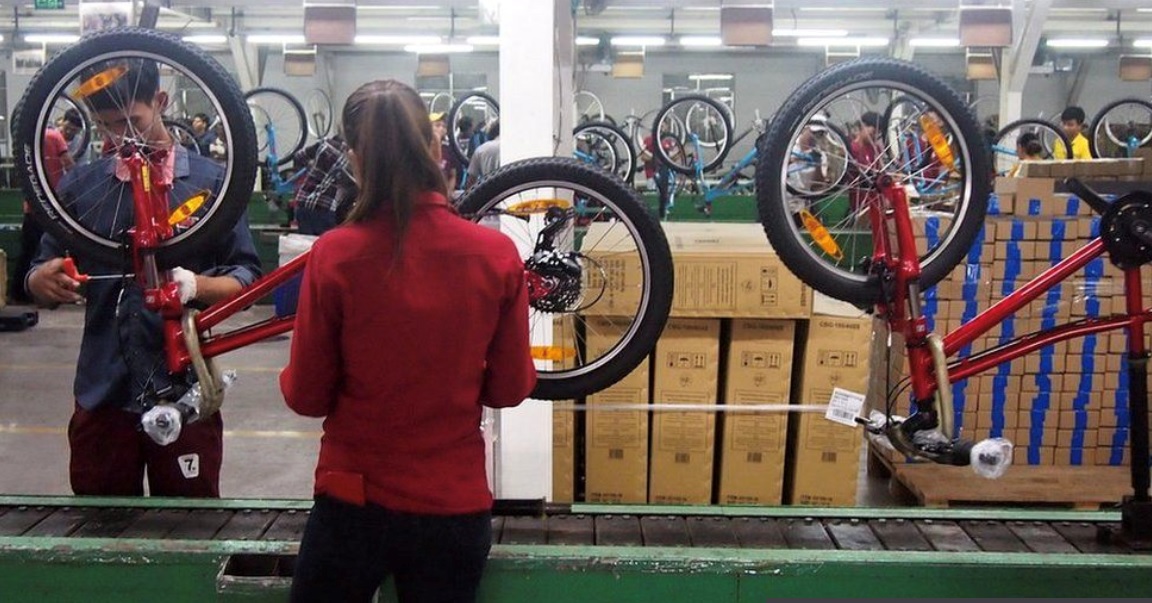GSP, otherwise known as the Generalised Scheme of Preferences, are rules officially set by the European Union that ensures exporters from selected developing countries have import and duty-free status on bikes they sell to the EU. Recently, the European Commission released a draft regulation concerning the GSP.
GSP+ coverage extends to a variety of countries that export bicycle parts and components such as Sri Lanka and the Philippines. Earlier GSP+ benefits for Sri Lanka were terminated due to human rights violations in 2010 but were reinstated in 2017. Some of the most important suppliers to the bicycle industry qualify for GSP, including Vietnam, India, and Indonesia. Others, such as Cambodia, one of the biggest exporters of bicycles to Europe, have to qualify for Everything But Arms after being taken off GSP+.
As part of the revised GSP Regulation, the EU seeks to maintain the essential attributes and objectives of the existing framework, including the GSP, GSP+, and Everything But Arms sub-programs. Improved alignment with EU trade policy is also a primary objective. Therefore, in addition to the existing 27 international conventions, the Commission proposes 5 new international treaties, which partner countries should adhere to. It will also replace the 1997 Kyoto Protocol with the 2015 Paris Agreement on climate change.
This new version of the program will include a fast-track process to suspend countries that violate GSP terms severely, reducing the procedure time from 18 to 7 months. It will also make it easier for automatic safeguards and specific products that compete with EU products. "In terms of engaging civil society... we don't specify that in the legal act," an EU official told Politico, adding that the Commission is "preparing the guidelines for better engagement in our monitoring."
The European Parliament and EU capitals will discuss the Commission's proposal in the coming weeks, and the law is expected to be passed late next year.








